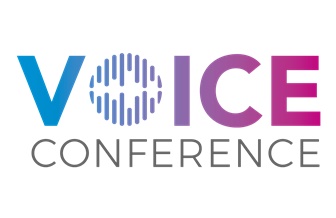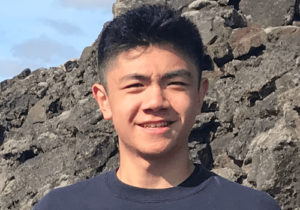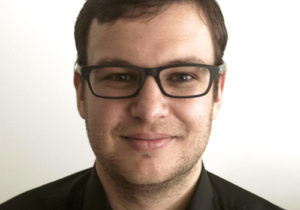Editorial Team: You have developed the REWE Assistant. What can you do with it?
Melanie Weitz: The REWE Assistant is our Voice Application which comprises three separate Voice Apps: “REWE Recipe”, “REWE”, and “REWE Shop”. All Voice Apps are available on the Google Assistant and Alexa.
Within “REWE Recipe”, you can search for recipes and ask for daily cooking recommendations. Having selected the recipe, you can then add the ingredients to your REWE shopping list and start the guided cooking process.
“REWE” was designed for customers of the brick and mortar stores. It provides the local offers of the REWE markets as well as the REWE shopping list which you can manage by asking what’s on it, adding products, and deleting them again. The actions you take are also synchronised with the shopping list in the REWE App and web. You can also ask for PAYBACK offers and your total PAYBACK points.
“REWE Shop” serves our online customers. It provides a quick and easy way to search for products and add them to your basket by using personalised recommendations. Once you have completed your order, you can track its delivery status. In this Voice App as well, you can inform yourself how many PAYBACK points you currently have.
Editorial Team: You have divided one big application into three separate apps. Why?
Volkmar Vogel: We conduct in-house Voice UX Research on a regular basis. One of our main findings is that voice assistant users don’t want to be engaged in complex conversations. They prefer short and easily understandable interactions instead. Therefore, we decided to split our initial Voice App – which comprised the cooking, offer, and shopping list features in just one single app – into three separate ones, each dealing with a specific topic of the REWE ecosystem.
Editorial Team: What technologies are the assistant based on?
Melanie Weitz: Our assistant is based on our own open source framework called “Dialog”. Its purpose is to provide a single service for all digital assistant platforms. We can manage our three Voice Apps for the Google Assistant and Alexa within a single codebase. The programming language of choice is Kotlin and we use Spring and the Google Cloud to host our service.
Editorial Team: Where do you see the biggest challenge in the development of a language assistant – especially in the area of conversational commerce?
Volkmar Vogel: One of the main challenges is to strengthen public awareness. Even if a Voice App is perfect – lacking visibility makes it useless. You also have to find use cases that simplify and enrich the customer’s life so that they want to use your Voice App in their everyday routine. But finding relevant use cases is not the only task. Users also expect your system to be intelligent and indeed supportive. Therefore, your content has to be optimised for voice which can be another big challenge for companies as voice technology is still in an early phase and voice optimised content still has to be created.
Editorial Team: Where do you want to go now?
Melanie Weitz: We plan to focus on our existing Voice Apps and identify use cases that are suited for Voice. For this reason, we will conduct further Voice UX Research, analyse the user’s feedback, and add the outcomes to our roadmap.
Editorial Team: What is the core message of your session at VoiceCon?
Volkmar Vogel: For a Voice App to be successful, companies have to create new workflows and voice optimised content. Use cases should be suited for Voice and meet the users’ expectations. Therefore, new specialised roles have to be established within a company such as the Voice User Interface Designer or a Voice User Experience Researcher who are in charge of creating the best possible user experience.
Editorial Team: Thank you very much!
Learn more about Voice Conference:












